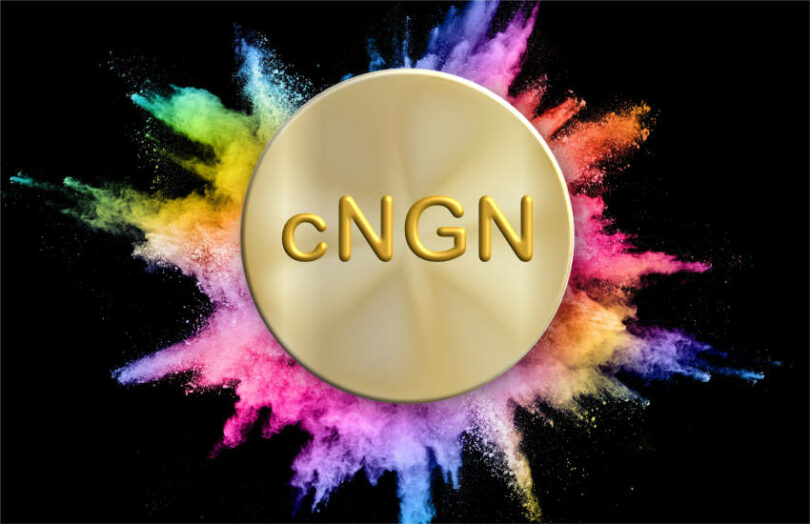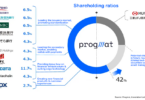According to Nigerian fintech site NairaMetrics, Nigerian banks and payment providers have formed a consortium to launch a Naira stablecoin, cNGN. The group reportedly includes Nigeria’s biggest bank, Access Bank, which has not confirmed the story at the time of writing.
Update: On January 4, the Africa Stablecoin Consortium (ASC) confirmed that cNGN will be part of the Central Bank of Nigeria (CBN) sandbox and plans to launch on February 27. However, it has not confirmed the bank and payment participants. We contacted the central bank but did not receive confirmation in time for publication.
News of the consortium came on the same day in December that the Central Bank of Nigeria lifted restrictions that previously prevented regulated Virtual Asset Service Providers (VASPs) from holding bank accounts. However, while VASPs can now have bank accounts, the central bank reiterated that banks and other financial institutions cannot hold or transact in virtual currencies on their own account.
That begs the question, what is the definition of a virtual currency in Nigeria? And does it include stablecoins? According to a document from the Nigerian Financial Intelligence Unit, it appears to classify stablecoins as e-money rather than virtual currency, although it’s not definitive. “Digital currency can mean a digital representation of either virtual currency (non-fiat) or e-money (fiat),” it states.
The stablecoin plans to launch on multiple public blockchains. The ASC said the primary issuance will be on the Bantu blockchain with Binance Smart Chain next. Interoperability with other blockchains will use the Automated Multi-chain Transfer Protocol (AMTP). Press reports mentioned Polygon, Ethereum and Tron.
Cross border transactions are particularly of interest. That’s highly relevant as Nigeria is the eighth largest recipient of inbound remittances, estimated at $20.5 billion in 2023. Nigeria also has a young population of 211 million, of whom more than 62% are aged 24 or less.
The NairaMetrics article did not disclose the participants. Nor did the ASC consortium. However, the NairaMetrics report author mentioned the names in a tweet. These unconfirmed participants include four banks, Access Bank, Sterling Bank, Providus and First Bank as well as payment providers Korapay, Interswitch, and Budpay. Blockchain consultants Interstellar and Convexity are also involved and were confirmed by the consortium.
Nigeria CBDC
Meanwhile, Nigeria’s CBDC, the eNaira, has experienced slow progress. The IMF suggested offering better FX rates for remittances as one of the incentives for wider adoption. In October the central bank responded to complaints that the CBDC might impact financial stability.
Update: the article added details from the Africa Stablecoin Consortium including the sandbox






